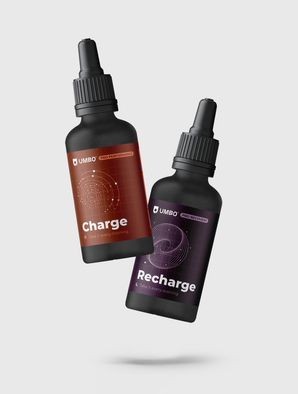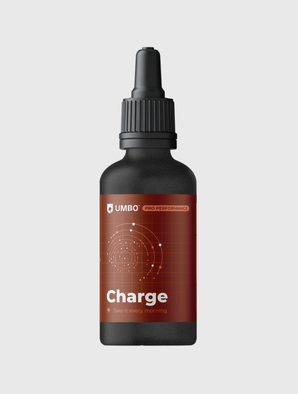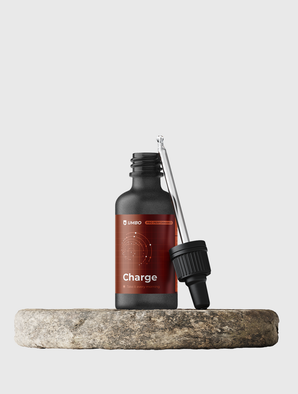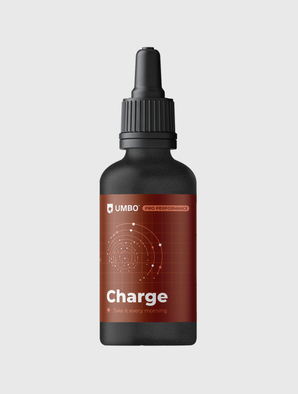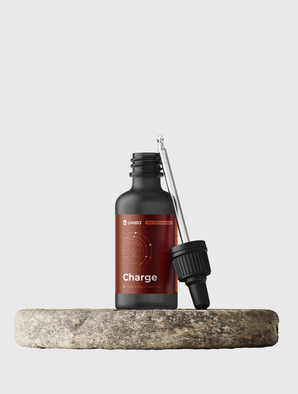We know from firsthand experience that athletes can benefit from functional mushrooms. Let’s explore how exactly they can help. The blessing and the curse of functional mushrooms is that they hold loads of benefits for athletes. People can get PhDs in mycology (the study of mushrooms) because even with all we do not know about the fungi kingdom, there is still so much to study here.
We will start with the broad benefits of functional mushrooms, and then get into each individual mushroom. Throughout, we will try to distill it down to the essentials. Rather than listing every single benefit of every single mushroom, this book will provide the main take-aways.
Benefit #1: Managing stress
Let’s start with the fact that nearly all of the functional mushrooms that we talk about in this book are adaptogens. Adaptogens are natural plants and fungi that help the body adapt to stress. They are especially known for their ability to support the adrenal system, which helps manage the body’s hormonal response to stress. They also promote balance and stability in many bodily systems, helping the body maintain equilibrium in the face of physical, chemical, perceived, or biological stressors.
Many, but not all, functional mushrooms are considered adaptogens. Only those that specifically help the body adapt to and manage stress are classified as adaptogens.
Benefit #2: Antioxidant and anti-inflammatory
Nearly all functional mushrooms have antioxidant properties, due to the presence of antioxidant compounds like beta-glucans, but the specific antioxidant compounds and potency will differ from one species of mushroom to another. (Fun fact: The functional mushroom Chaga is the most antioxidant-rich superfood known to man.) Generally speaking, these antioxidants help neutralize free radicals, which contribute to oxidative stress in the body.
Functional mushrooms can also inhibit the activity of pro-inflammatory cytokines, which are molecules that promote inflammation in response to injury or infection. By reducing their levels, functional mushrooms help to alleviate inflammation.
The combination of antioxidant and anti-inflammatory properties make them very useful in post-exercise recovery, helping to reduce muscle soreness.
Benefit #3: Enhancing immune function
These antioxidant and anti-inflammatory properties also have a positive effect on the immune system. Additionally, functional mushrooms contain polysaccharides like beta-glucans, which can support the immune system, enhancing the body's ability to defend against pathogens by stimulating the activity of immune cells. All together, functional mushrooms are a powerful ally of the immune system and can help athletes maintain resilience and overall health.
Beyond these foundational benefits, each individual functional mushroom can offer unique properties and properties for athletes — and athletes can make use of these natural properties by incorporating them into their diets and athletic routines. Because functional mushrooms can do so much, different companies and people will all bring different points of view. We’re going to focus on sports and athletes here. Rather than talking about everything that mushrooms can do, let’s focus on what they can do for athletes in two broad areas: Performance and recovery.
In truth, many of the functional mushrooms that we’re talking about can probably help, to some degree, with both performance and recovery. But for the sake of clarity, let’s focus on their primary strengths, specifically with regard to athletes. What can they do best? How can athletes get the most from each of them?
To get into the more specific benefits of each functional mushroom, please visit go back to the main page of The Playbook, where you will find an overview of each mushroom, as well as links to each mushroom's specific page.







